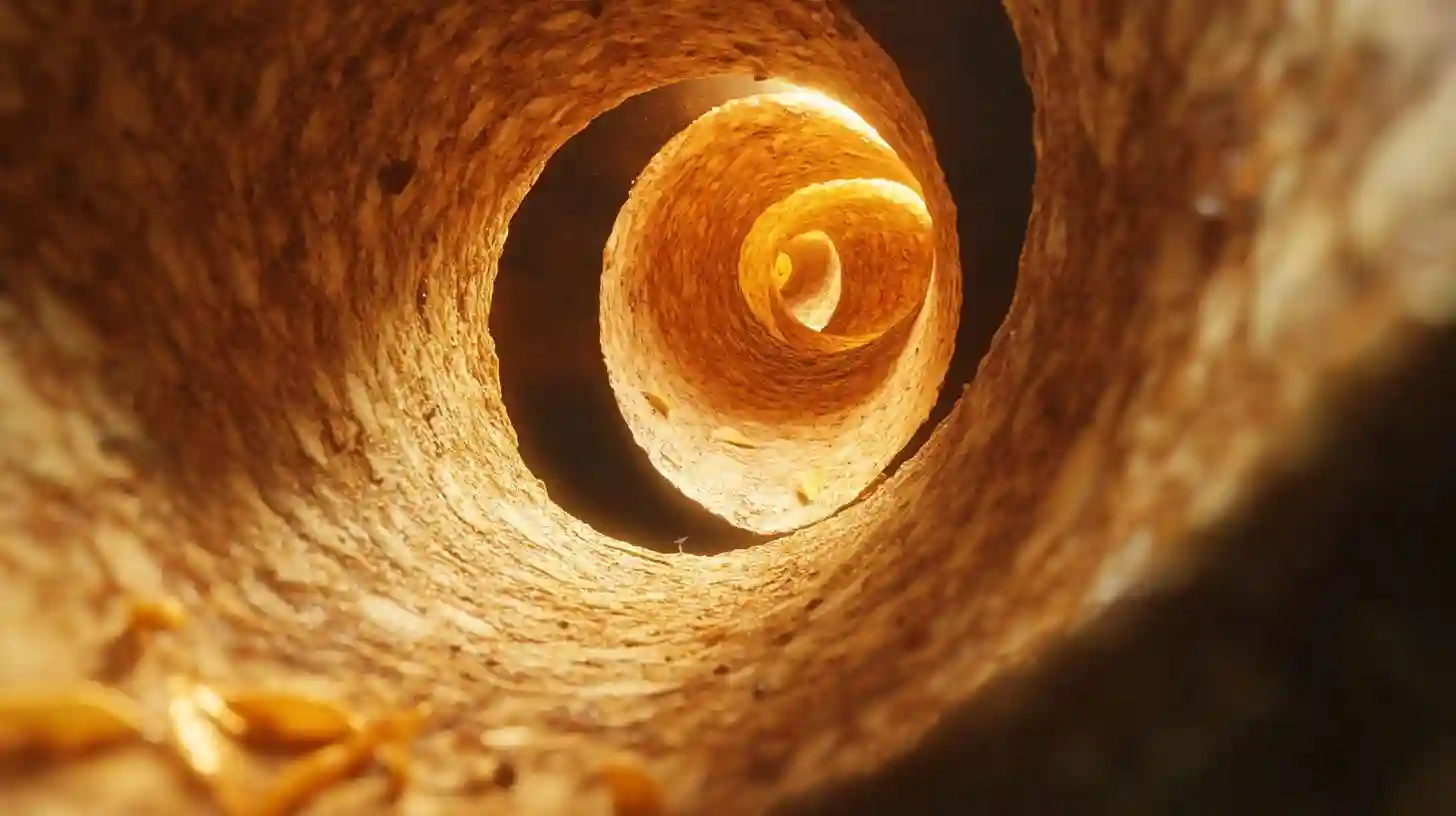
### The Quest for Life Beyond Earth
The search for life beyond Earth has mesmerized humanity for centuries. As scientists and astronauts engage in groundbreaking research, they unravel the mysteries of what extraterrestrial life could entail. This exploration, a blend of astrobiology, technology, and human resilience, tells a fascinating story about our universe and our role within it.
Astrobiology, a multidisciplinary science, is crucial in this quest. Researchers examine extreme environments on Earth—hydrothermal vents, acidic lakes, and polar ice caps—where life persists despite harsh conditions. The organisms in these settings, known as extremophiles, provide insights into the potential for life on other planets. For example, the discovery of microorganisms thriving deep beneath Earth's crust raises exciting possibilities for finding similar life forms on celestial bodies like Mars or Europa, Jupiter’s moon that may conceal subsurface oceans.
NASA's Mars missions have significantly increased our understanding of potential habitability beyond Earth. Rovers like Curiosity and Perseverance tirelessly explore the Martian landscape for signs of ancient microbial life. They analyze soil samples, measure atmospheric conditions, and investigate geological features indicative of liquid water in Mars' history. These findings serve as a foundation for future human missions to the Red Planet, where astronauts might search for microbial fossils or even cultivate life in controlled environments.
The International Space Station (ISS), orbiting Earth since the turn of the millennium, functions as an invaluable laboratory. Astronauts aboard conduct experiments on various topics, from plant growth in microgravity to the effects of cosmic radiation on living tissues. This research enhances our understanding of how life adapts to space and what is required to sustain long-term human presence on distant planets.
A critical aspect of life in space is the potential for growing food beyond Earth. Developing sustainable agricultural practices is essential for future colonization efforts. By experimenting with hydroponics and aeroponics on the ISS, scientists are discovering how plants thrive in microgravity. Understanding photosynthesis and nutrient uptake is vital, as locally grown food will be crucial for physical health and psychological well-being during extended missions.
Human psychology significantly impacts the success of long-term space missions. Psychologists and medical professionals study the effects of isolation and confinement, as astronauts spend months far from family and familiar comforts. Success hinges on mental health and social dynamics among crew members, and research extends to understanding how different cultures and personalities interact in confined spaces. This knowledge aids in forming cohesive teams prepared for the challenges of space exploration.
The search for extraterrestrial life also drives technological innovation. Advanced telescopes enable astronomers to identify potentially habitable exoplanets. Instruments like the James Webb Space Telescope will analyze these planets' atmospheres and chemical compositions. Researchers scrutinize astronomical data for biosignatures—elements like oxygen and methane that may suggest biological processes.
Robotic missions play a crucial role in space exploration as well. Unmanned spacecraft studying asteroids and outer planets gather data on the building blocks of life and the processes governing planetary evolution. These missions enhance our understanding of how planets can develop life-supporting conditions.
Humanity's drive to explore the unknown is evident in the efforts of scientists and astronauts to understand life in space. Each experiment, rover deployment, and astronaut mission enriches our knowledge of the universe. As researchers break new ground in astrobiology, they inspire future generations to dream big about the possibilities above us. The journey to uncover the mysteries of life in space continues, revealing ever-expanding opportunities for discovery and comprehension as we venture deeper into the cosmos.
Scientists are making significant progress in the search for extraterrestrial life and the development of sustainable space habitats, exploring innovative technologies and methods to ensure humanity's long-term presence beyond Earth. This research not only enhances our understanding of the cosmos but also offers insights into life-sustaining conditions elsewhere.
Technology Blog




















